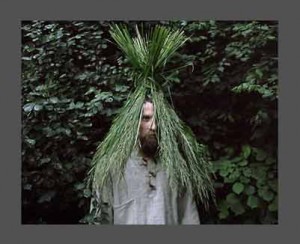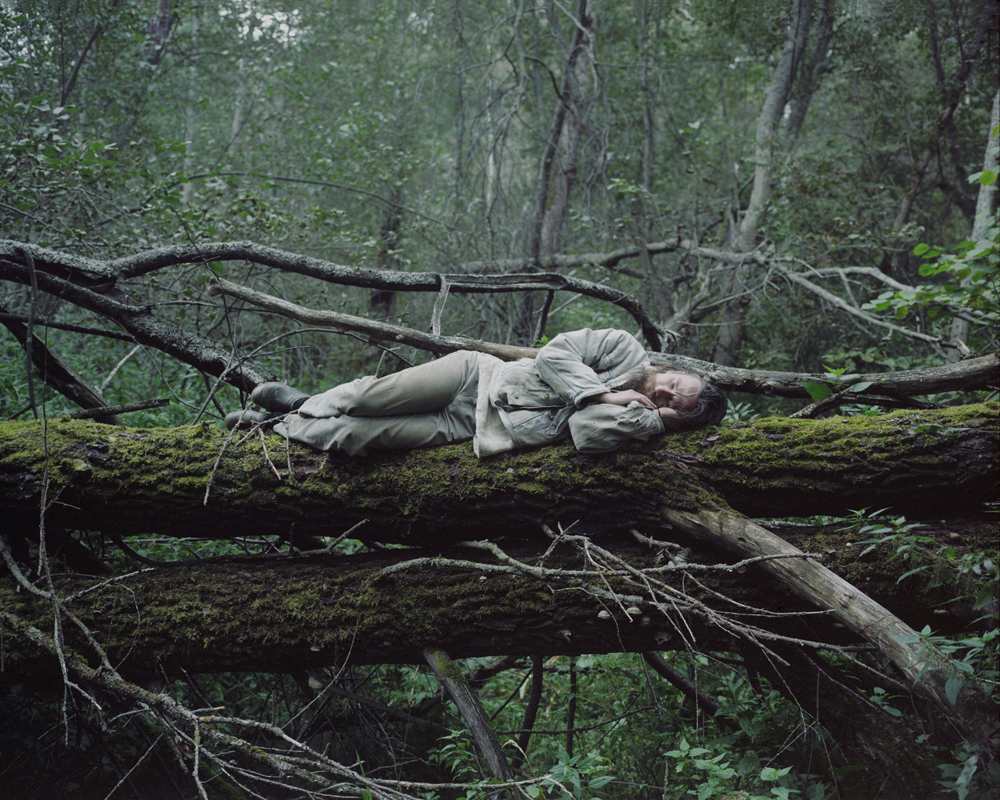
Photograph: © 2017, Danila Tkachenko
How life in the wilderness reveals a more meaningful way to live
“Mankind is fatally ill with a terrible disease named lack of soul. Salvation is now only possible through escaping alone. Common efforts are fruitless. It’s too late.”
— “Escaper”
THERE HAVE BEEN many recorded accounts of those, to coin Dante Alighieri, who have wandered off from the straight path and found themselves in a dark wood, or some other similarly isolated environment, in order to delve deep within the recesses of the soul and rediscover equanimity, inner harmony and poise: Henry David Thoreau’s Walden; Alice Koller’s An Unknown Woman; Virginia Woolf’s A Room of One’s Own.
Few, however, have embraced the eremitic existence as a permanent way of living, choosing to abandon permanently all links with mainstream society and seek out a solitary life. In spiritual circles, this is by no means a new phenomenon: men and women have sought sanctuary from Mammon within caves, deserts and hermitages the world over from time immemorial.
The hermits of Russian visual artist, Danila Tkachenko’s enchanting Escape series also find themselves deep within the woodlands of the Ukraine and Russia and yet their motives for being alone are intensely personal and not necessarily precipitated by religious conviction. Rather, they are united in a desire to renounce the control and conformity of contemporary civilization in search for a more authentic, individuated mode of being. In short, a means to embracing their true selves.
Despite being shot on a digital camera in full colour, there is a minimalist, timeless elegance to Danila Tkachenko’s portraits which ordinarily one would associate with black and white film. Indeed, the pervading greenness of the collection renders a verdant wonderland, one in which these nameless “escapers” have shed their social skin and merged with the very life force of the forest itself.
I was travelling in search for people who have decided to escape from social life and live all alone in the wild nature, far away from any villages, towns or other people.
The main characters of my project violate social standards for different reasons. By a complete withdrawal from society they go to live alone in the wild nature, gradually dissolving in it and losing their social identity.
While exploring their experience, it is important for me to understand if one is able to break free from social dependence and get away from the public to the subjective—and thus, to make a step towards oneself.
I am concerned about the issue of internal freedom in the modern society: is it at all reachable, when you’re surrounded by social framework all the time?
School, work, family—once in this cycle, you are a prisoner of your own position and have to do what you’re supposed to. You should be pragmatic and strong, or become an outcast or a lunatic. How to remain yourself in the midst of this?
I grew up in the heart of the big city but I’ve always been drawn to wildlife—for me it’s a place where I can hide and feel the real me, my true self, out of the social context.
—Danila Tkachenko, Escape
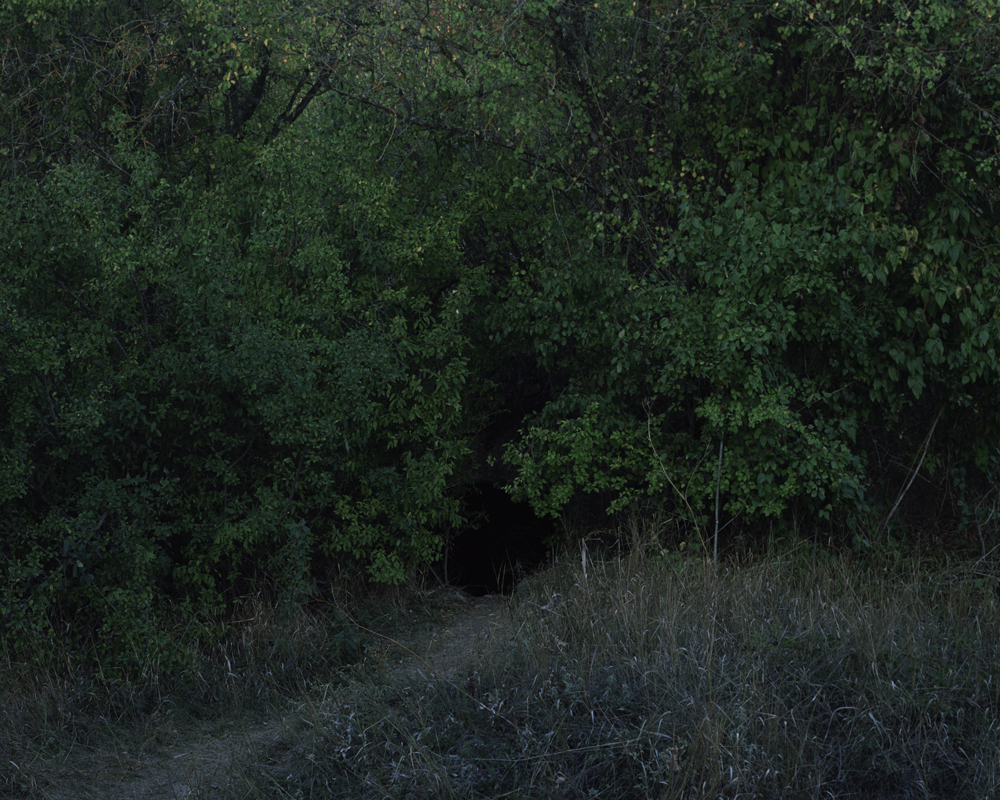
Photograph: © 2017, Danila Tkachenko
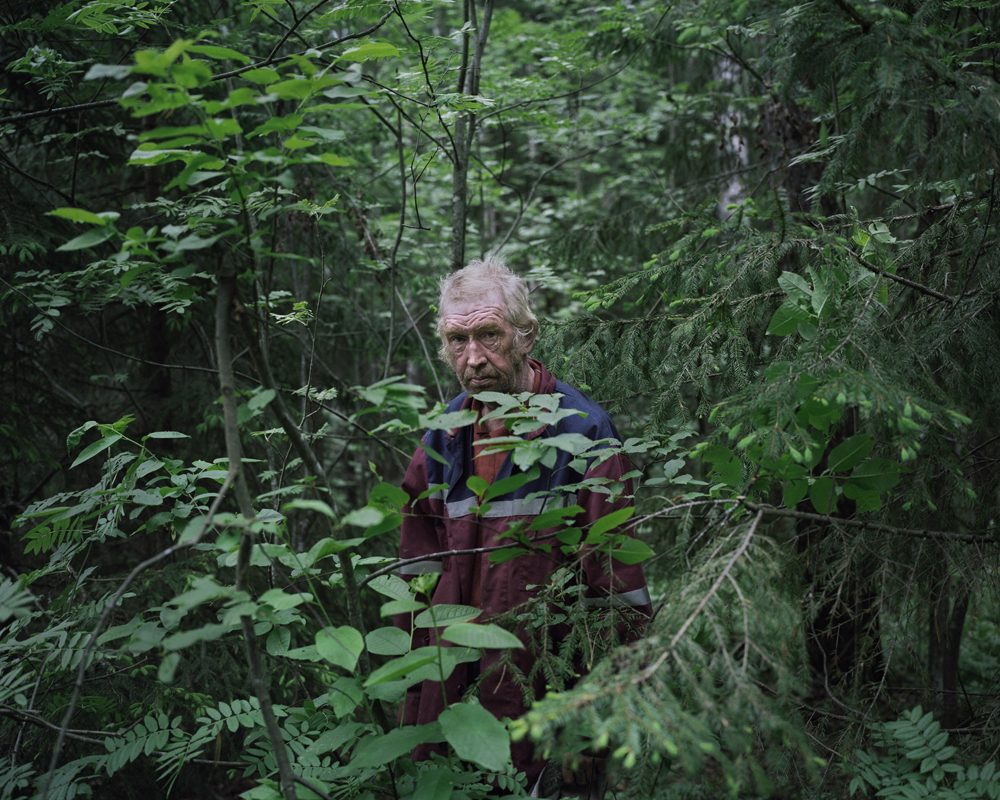
Photograph: © 2017, Danila Tkachenko
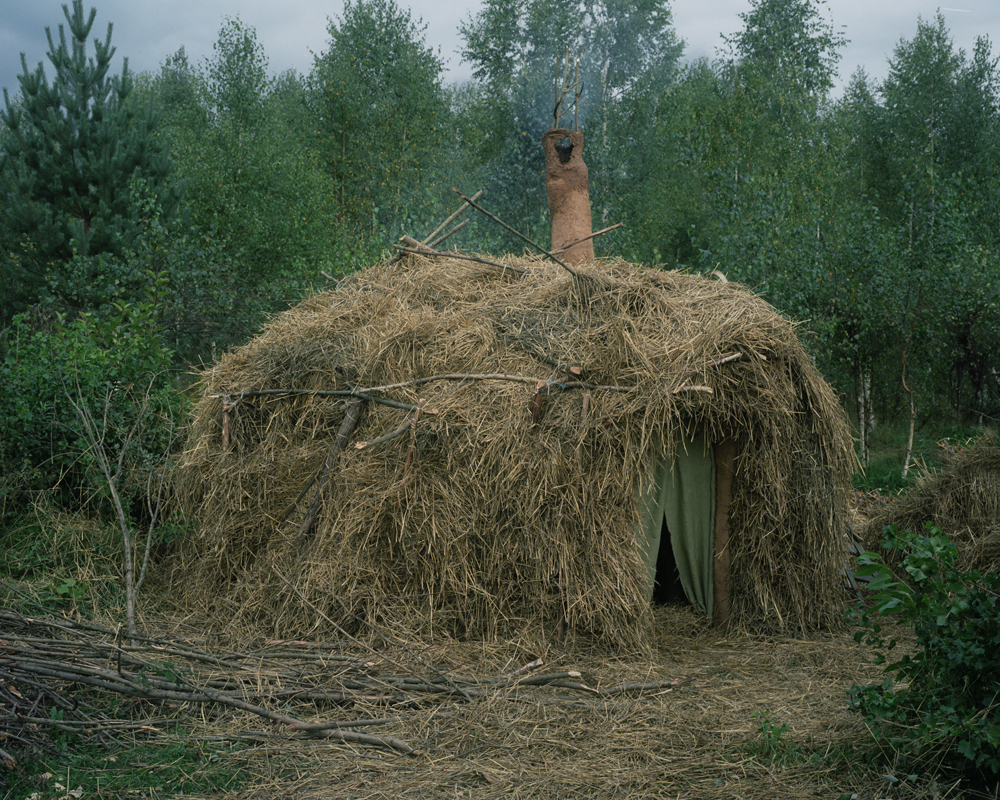
Photograph: © 2017, Danila Tkachenko
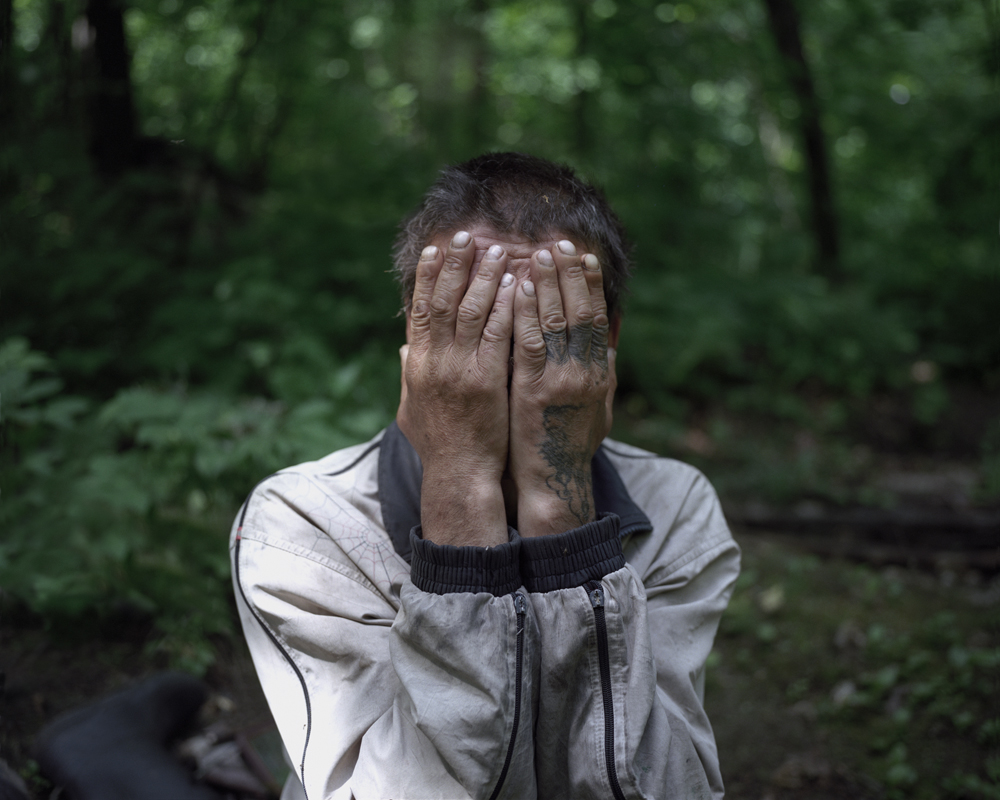
Photograph: © 2017, Danila Tkachenko
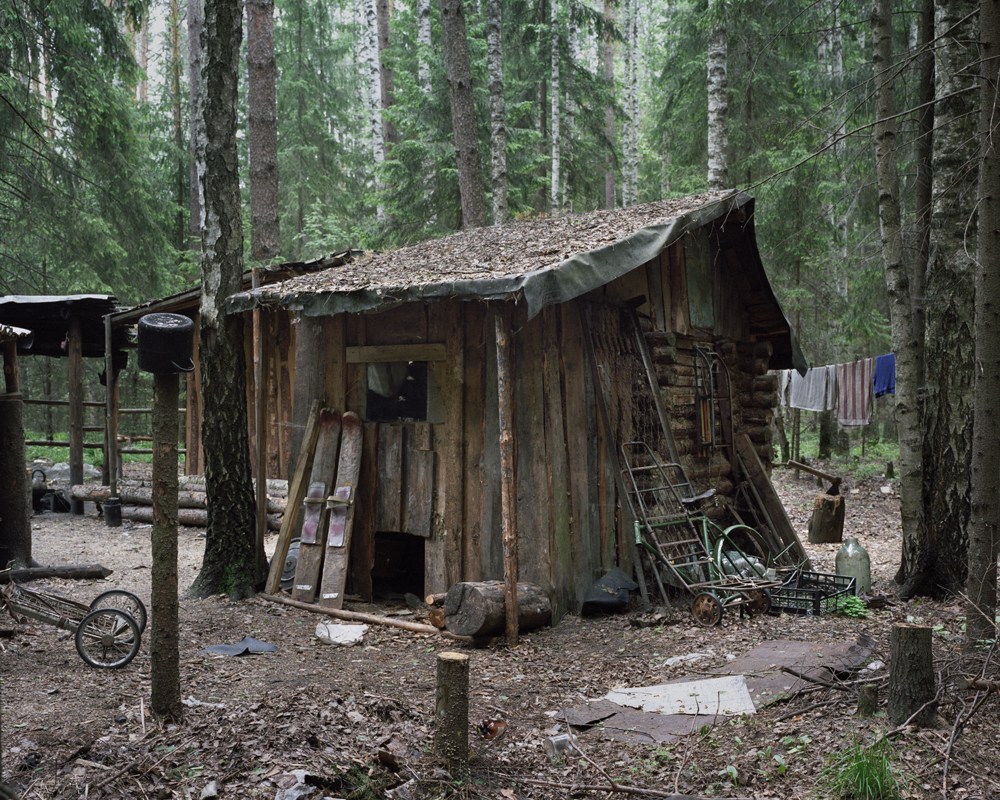
Photograph: © 2017, Danila Tkachenko
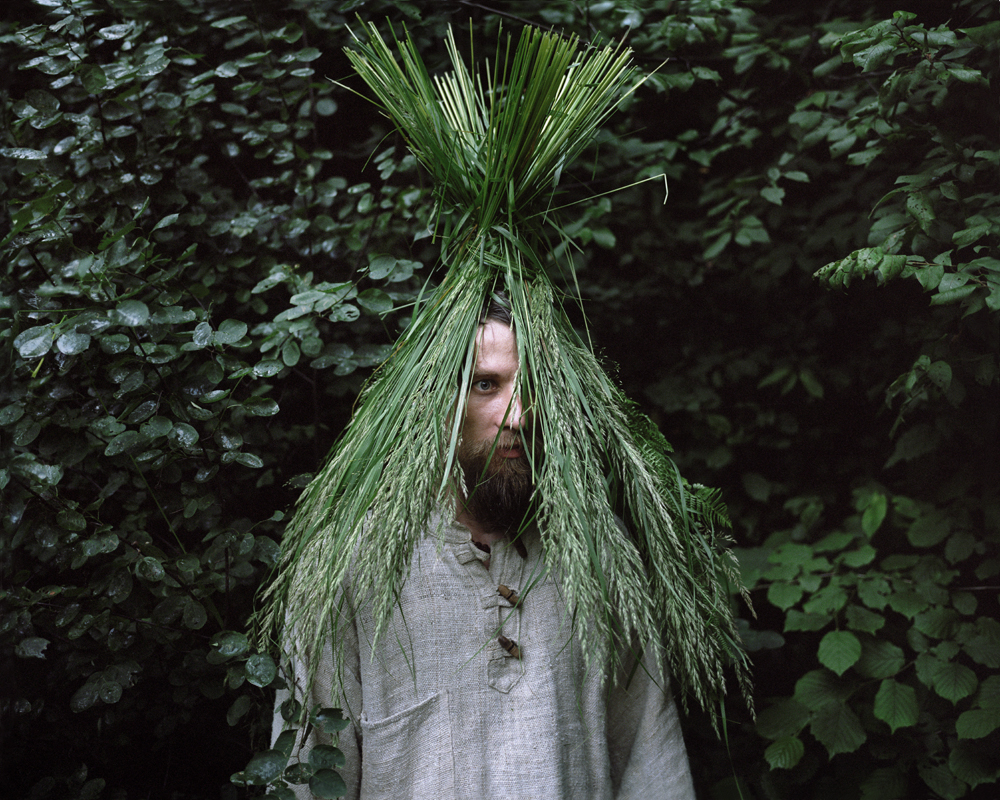
Photograph: © 2017, Danila Tkachenko
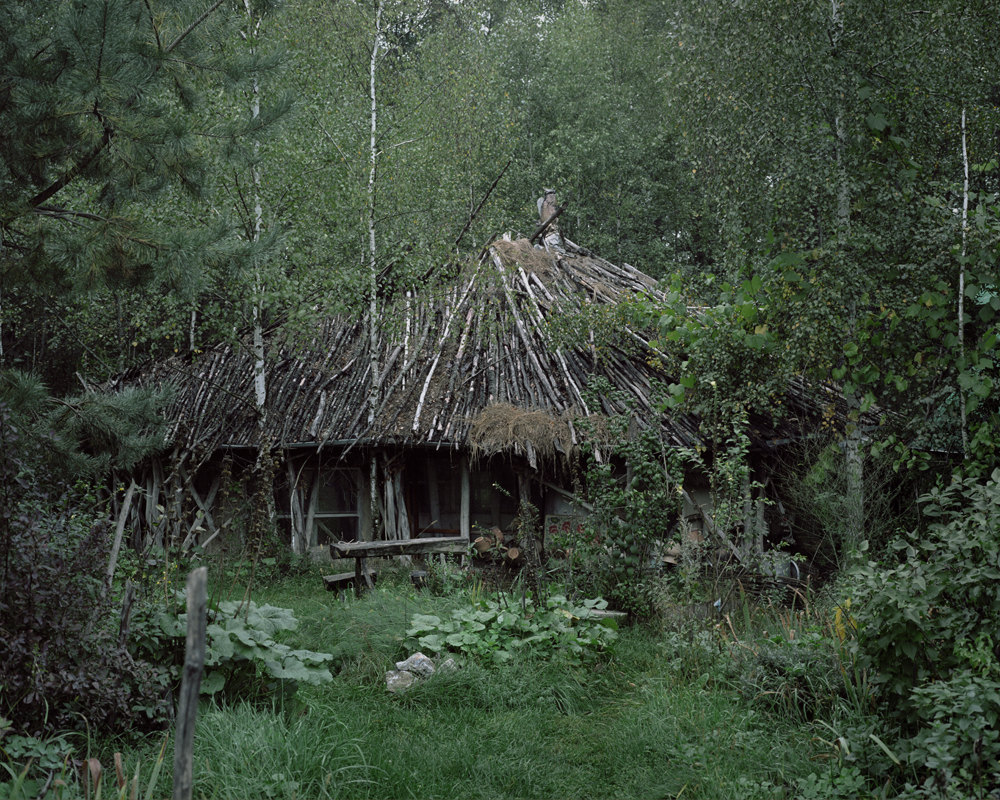
Photograph: © 2017, Danila Tkachenko
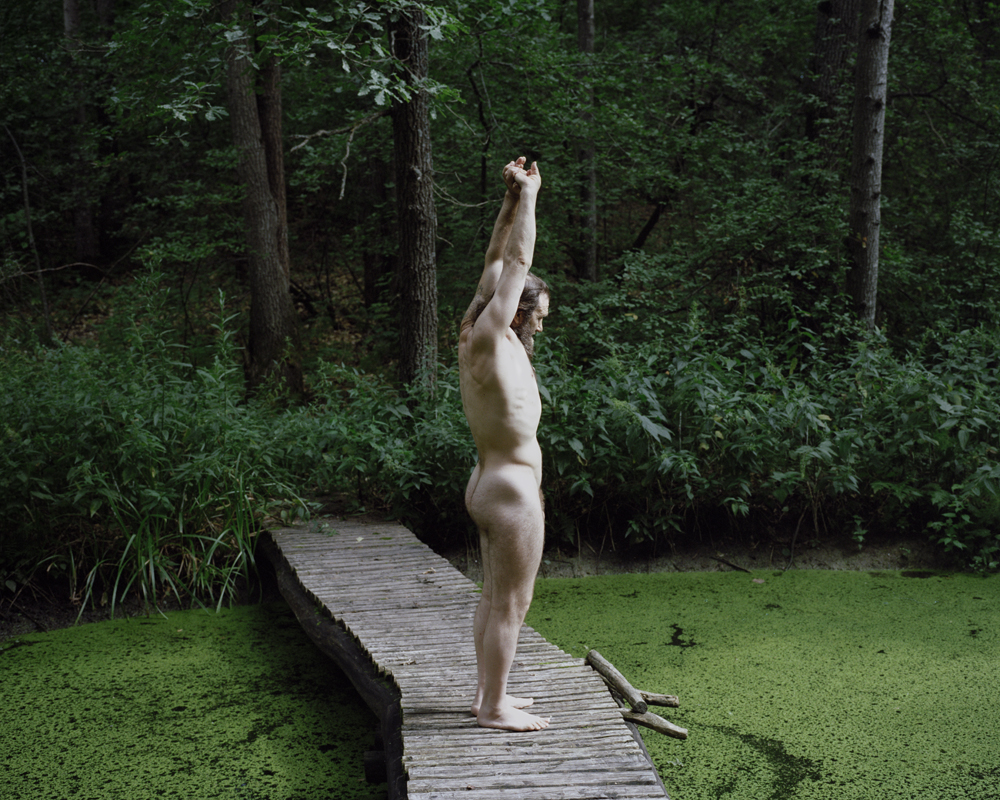
Photograph: © 2017, Danila Tkachenko
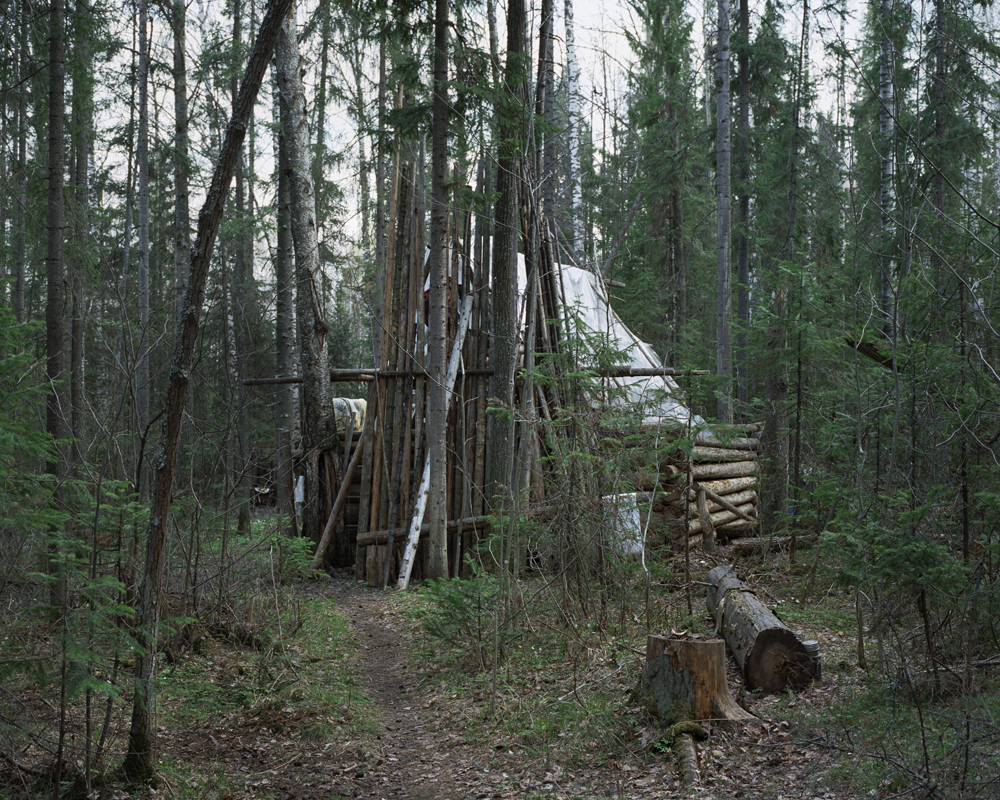
Photograph: © 2017, Danila Tkachenko
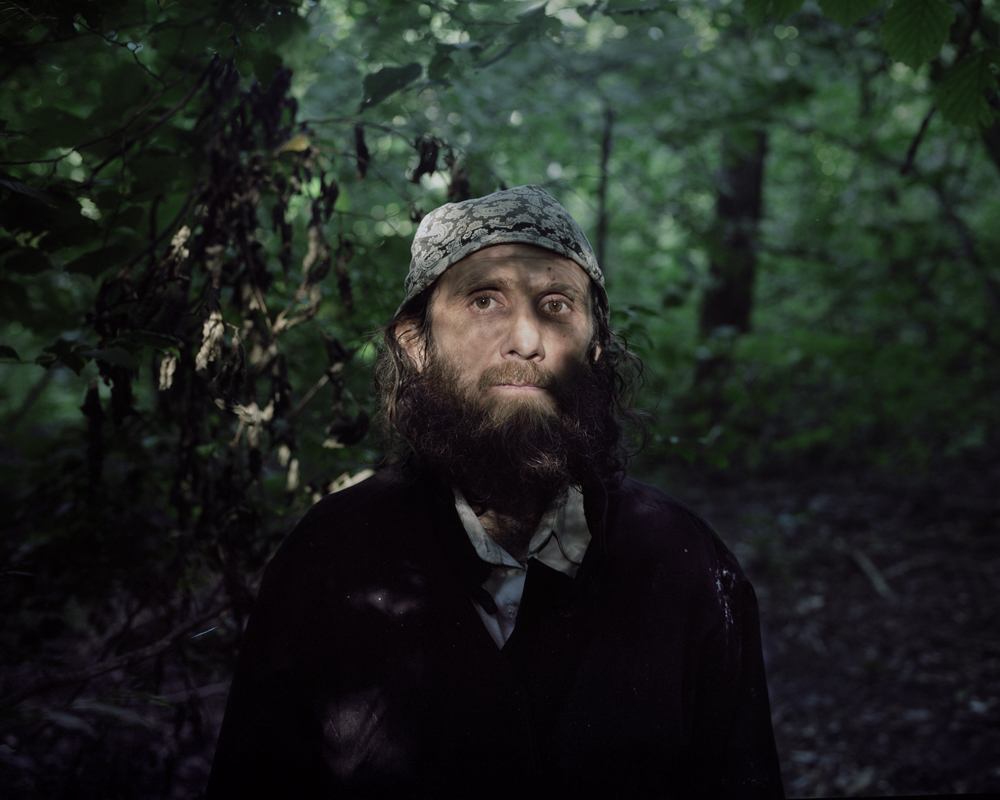
Photograph: © 2017, Danila Tkachenko
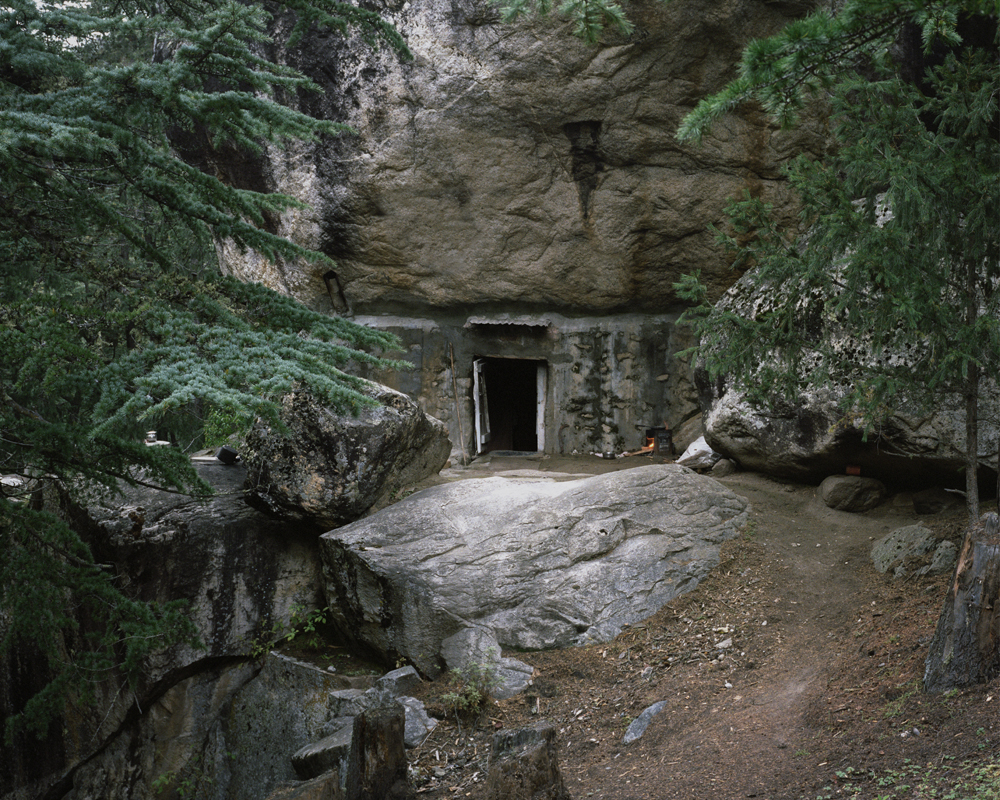
Photograph: © 2017, Danila Tkachenko
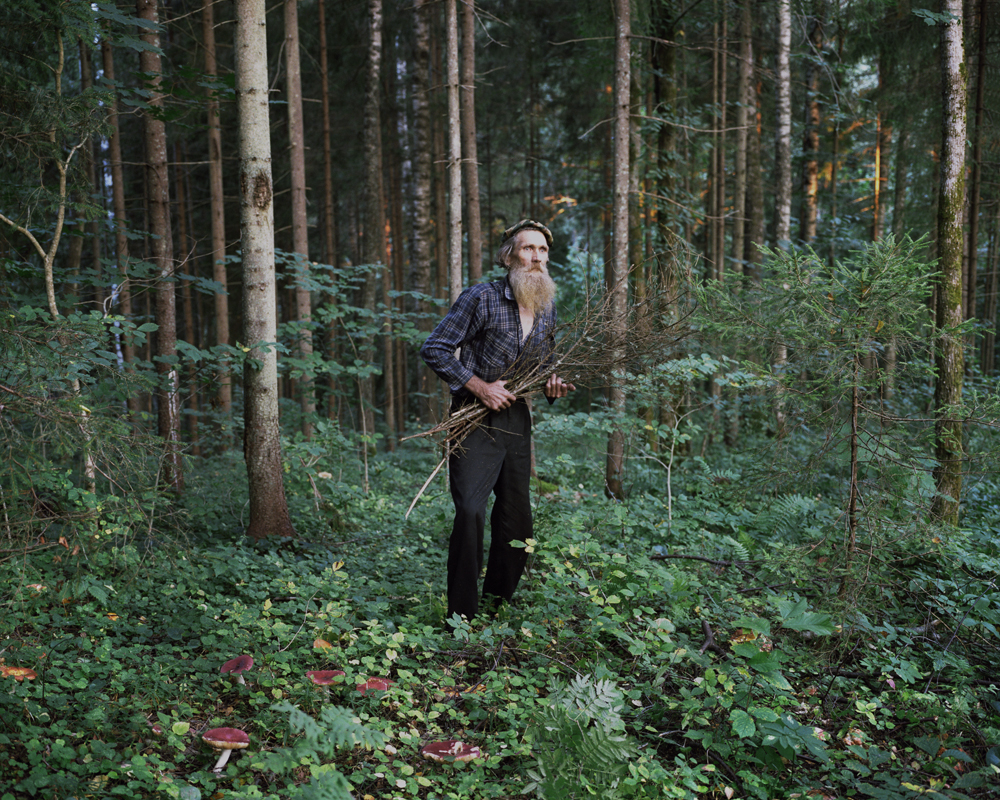
Photograph: © 2017, Danila Tkachenko
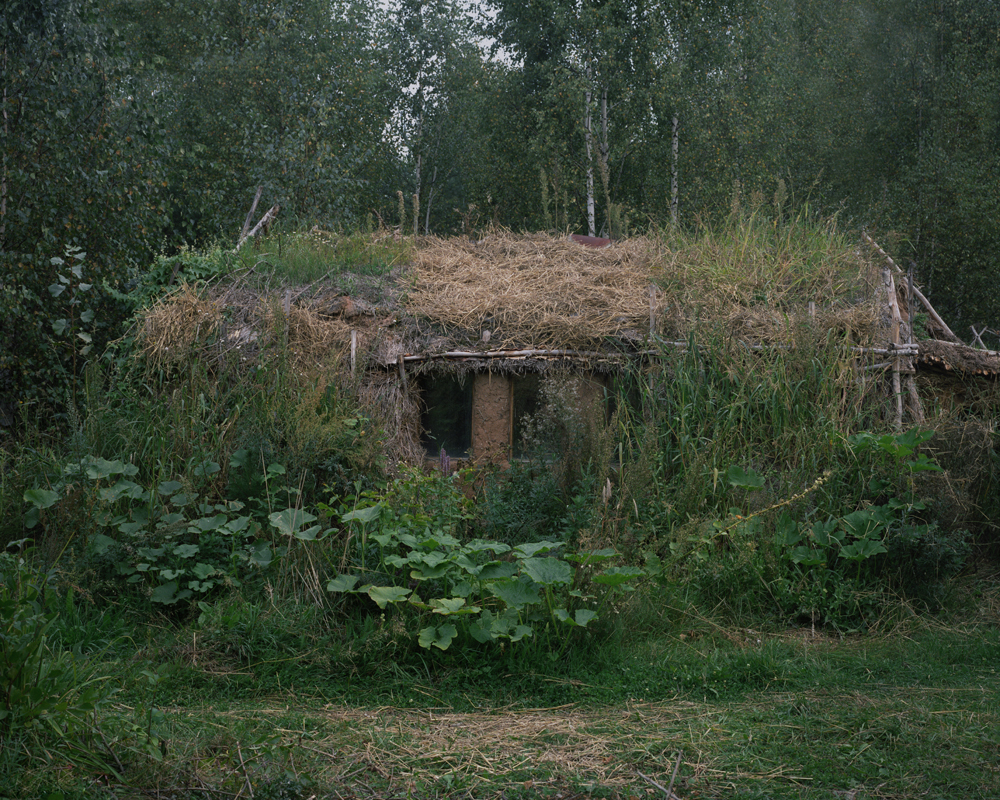
Photograph: © 2017, Danila Tkachenko
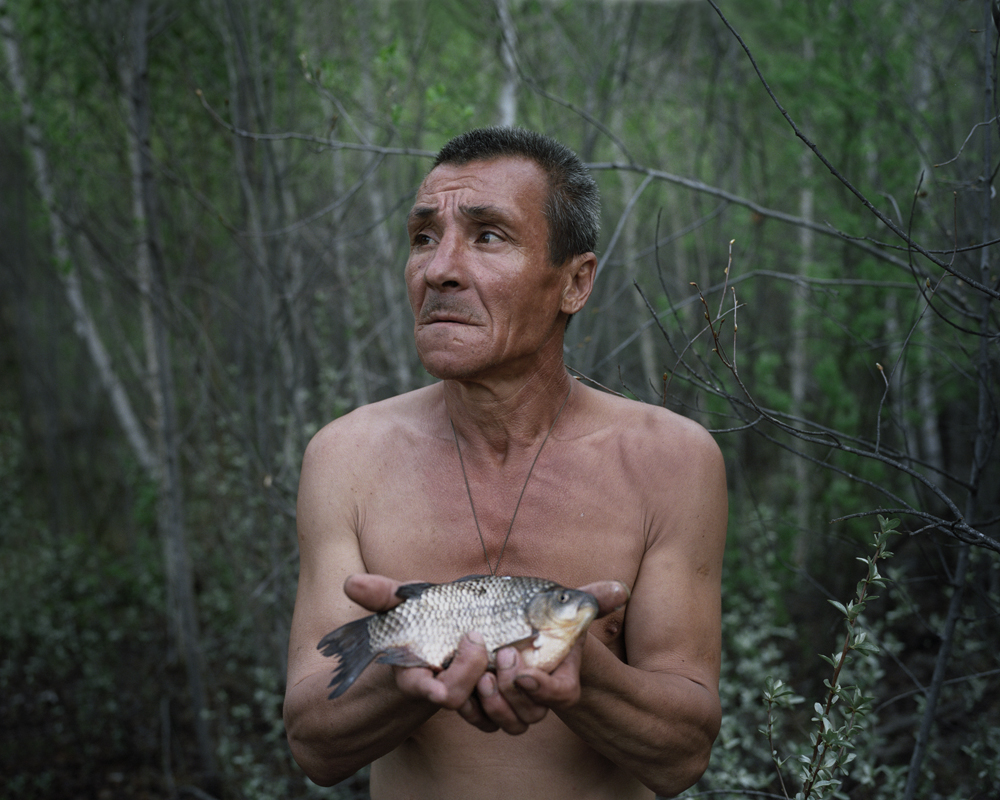
Photograph: © 2017, Danila Tkachenko
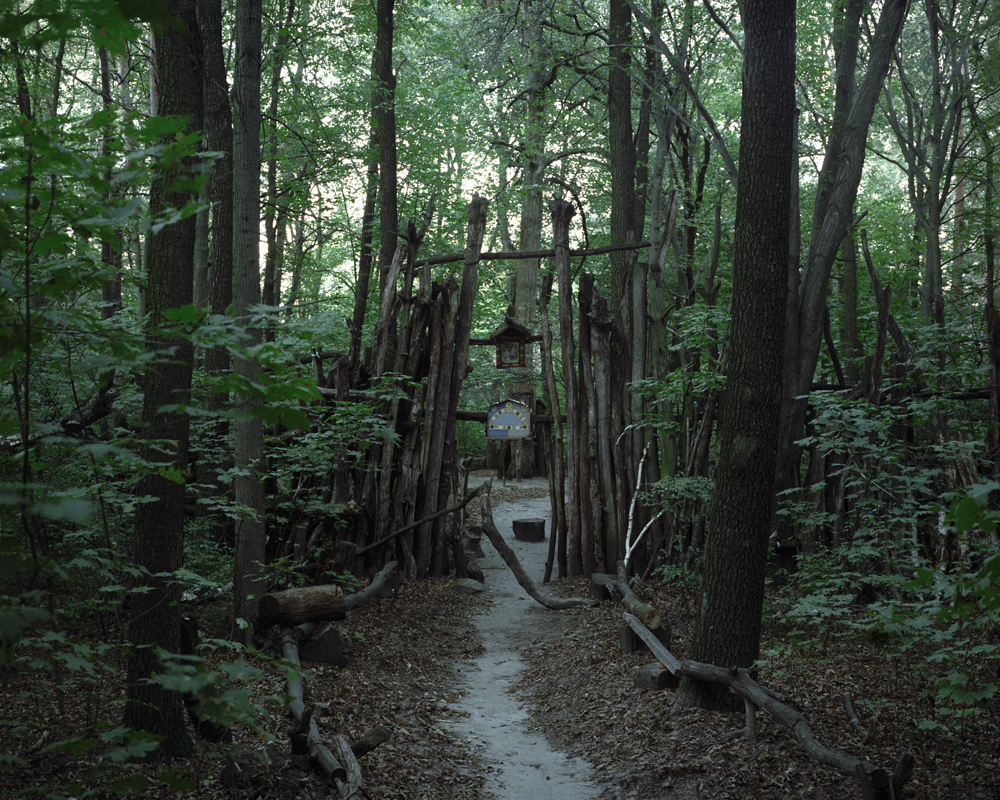
Photograph: © 2017, Danila Tkachenko
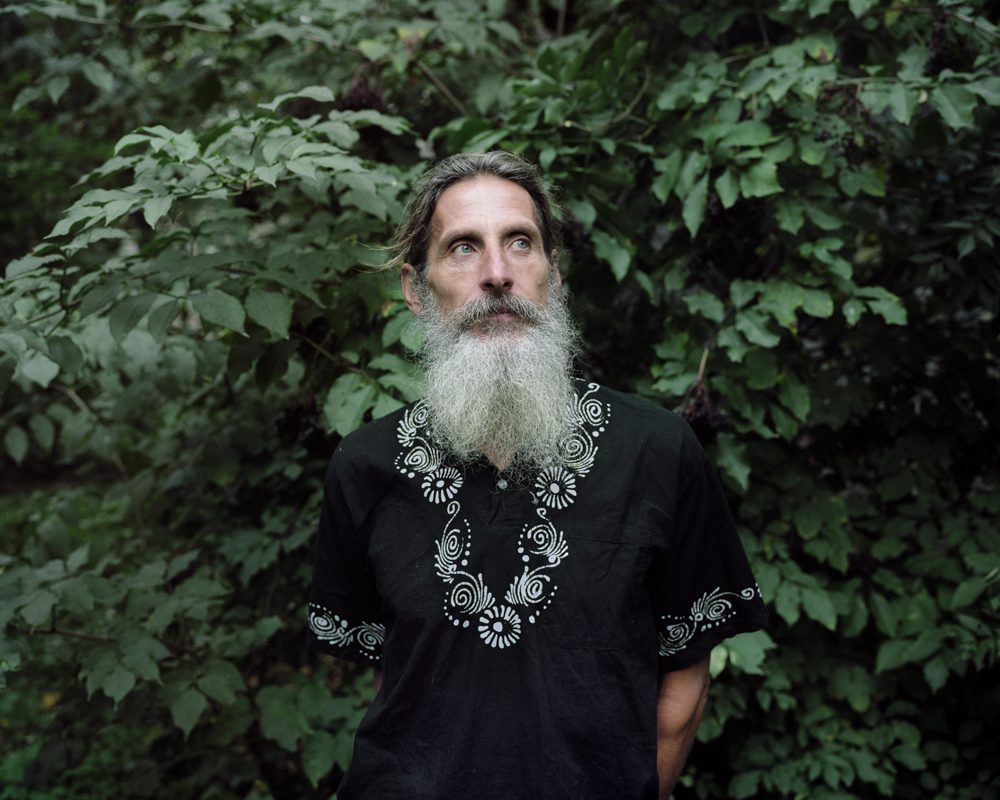
Photograph: © 2017, Danila Tkachenko
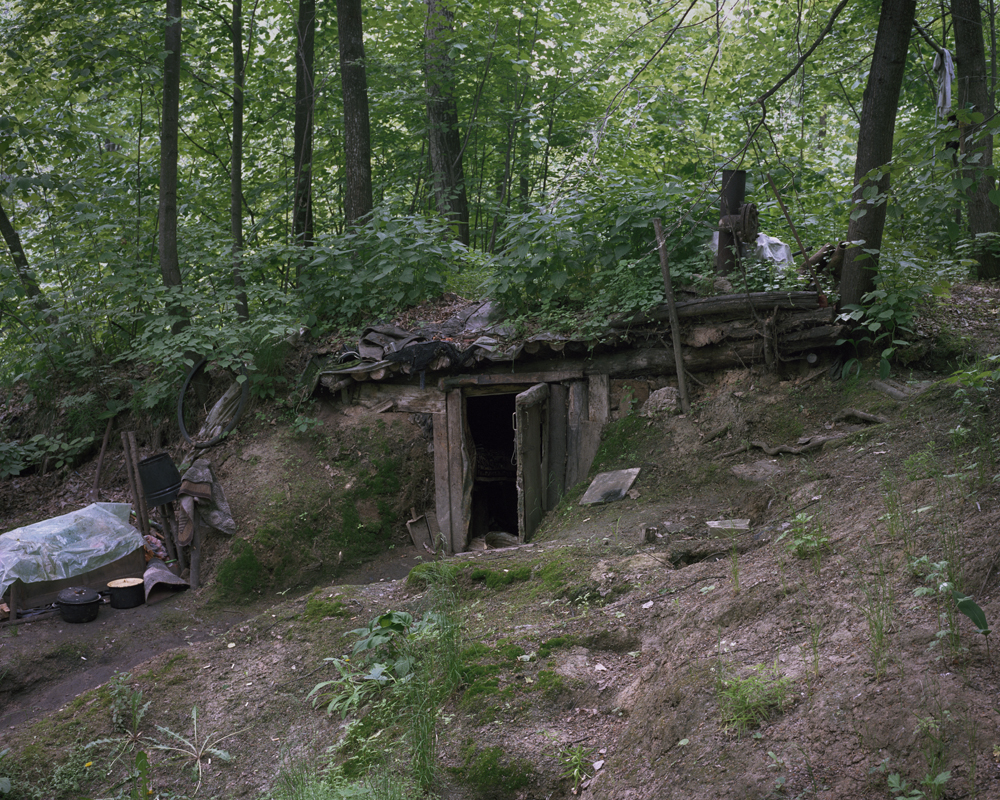
Photograph: © 2017, Danila Tkachenko
Post Notes
- Danila Tkachenko’s website
- Danila Tkachenko’s Facebook page
- Michael Kenna: Buddha
- Markéta Luskačová & Gabriel Rosenstock: Pilgrim Soul
- Ron Rosenstock: The Invisible Light
- Ansel Adams: The Search for Beauty
- Roy Whenary: Open Awareness
- Jerry Katz: Let the Scene See You
- Andy Richter: Serpent in the Wilderness
- Laura Emerson: Deep Sea Contemplation
- Gabriel Rosenstock & Ron Rosenstock: Haiku Enlightenment
